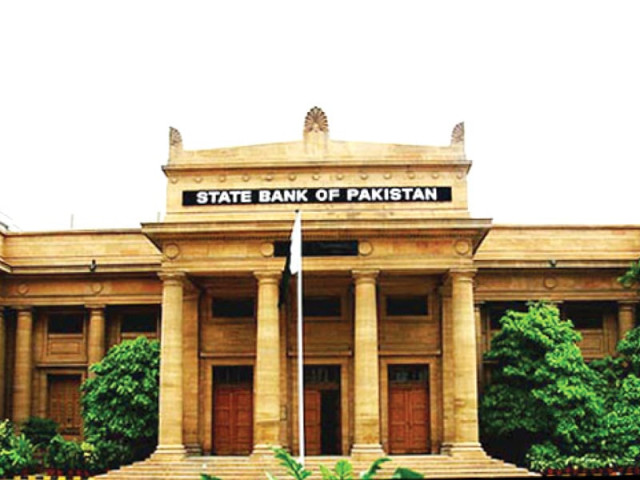SBP adopts global standards for investment sukuk
Compliance may attract investment to Pakistani-issued Islamic bonds.

Pakistan’s regulators are rolling out new rules in an effort to increase Islamic banks’ share of the total banking sector to 15% by 2017. PHOTO: FILE
Issuers will have to comply with the “investment sukuk” guidelines of the Bahrain-based Accounting and Auditing Organisation for Islamic Financial Institutions (AAOIFI), or face penalties, the central bank said in a statement.
AAOIFI is one of the main standard-setting bodies for Islamic finance, which follows religious principles such as ban on interest and pure monetary speculation.
Around the world, the industry commonly refers to AAOIFI standards but they are mostly used as guidelines rather than mandatory rules since they are not enforceable in every jurisdiction.
Bahrain is one of a handful of countries which enforces them fully, while countries such as Oman refer to a portion of them.
Pakistan’s regulators are rolling out new rules in an effort to increase Islamic banks’ share of the total banking sector to 15% by 2017. Islamic banks held Rs847 billion ($8.44 billion) or 8.7% of total banking assets in March this year, central bank data shows.
Despite double-digit growth, the industry has missed growth targets set by regulators: forecasts set out in 2007 expected the industry to reach Rs907 billion by the end of 2012.
In May, the Securities and Exchange Commission of Pakistan established a Shariah advisory board to oversee Islamic financial instruments, while last year it announced rules for sukuk, takaful (Islamic insurance) and Islamic deposits.
Published in The Express Tribune, July 18th, 2013.
Like Business on Facebook, follow @TribuneBiz on Twitter to stay informed and join in the conversation.



















COMMENTS
Comments are moderated and generally will be posted if they are on-topic and not abusive.
For more information, please see our Comments FAQ